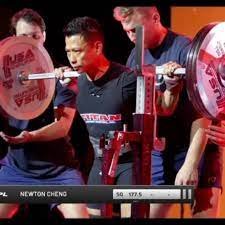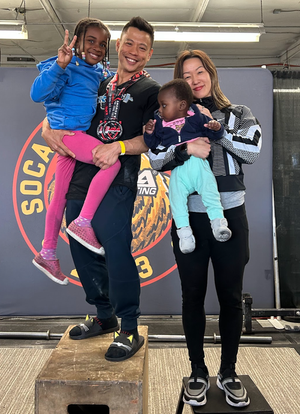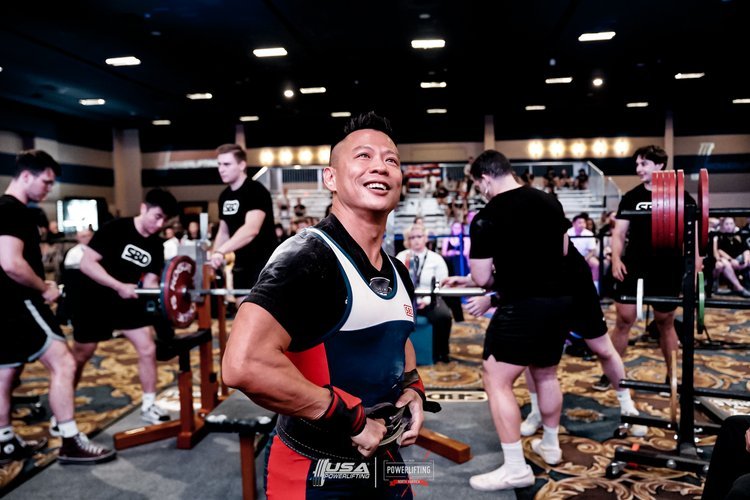Sharing vulnerabilities as a leader in the context of culture change and mental health at work can include discussing challenges faced, lessons learned, or personal growth experiences. When you are transparent and authentic about the struggles you've faced as a leader and how you've navigated them, you can create a more relatable and trusting work environment.
What does leadership vulnerability related to mental health look like?
Share instances where you've learned valuable lessons from setbacks. This helps normalize the idea that growth often comes from overcoming challenges.
Share your understanding of the difficult human experiences — like grief, trauma, and failure, acknowledging that everyone encounters difficulties at different points in their lives and that you are no exception.
Use mental health resources and share the benefits you have received from them.
Emphasize the importance of continuous learning and personal development. Demonstrate how you, as a leader, actively seek opportunities for growth and learning, including in areas related to mental health awareness.
Remember that vulnerability should be shared in a genuine way, appropriate for the context, and respect the boundaries of professionalism. Creating a culture that values vulnerability requires consistent effort, but it can significantly contribute to a healthier and more connected workplace.
In this episode, I model vulnerability by sharing my embarrassing anxiety-fueled outtakes as I was fairly star-struck by my guest Newton Cheng.
Here we are at the Google sponsored John E. Martin Leadership Symposium
Newton is a family man, a world champion powerlifter and the Director of Health + Performance at Google.
Learn why Newton doesn’t like the saying “Bring your whole self to work.”
Newton shares these two takeaways:
Vulnerability can be built like a muscle. Saying: "I don't know how to be vulnerable" is being vulnerable, and
Start with seeing the human first — treat everyone first as just another human in a certain context.
About Newton Cheng
Newton Cheng is a husband and father, a competitive powerlifter, and the Director of Health + Performance at Google. He’s spent his 14-year career at Google developing, launching, and scaling global programs aimed at helping Googlers to thrive. Today he oversees a global portfolio of Google’s physical and digital health & wellbeing amenities. He spends much of his time exploring how Google can leverage spaces and services, community, culture, and technology to support the physical, mental, social, and spiritual health of Googlers, their families, and our neighbors.
As a powerlifter, he has set multiple world, US, and California state records, and is a world and four-time US national champion. He takes a special interest in the intersections of human performance and spirituality and advocates for speaking vulnerably about mental health.
Newton earned a BS in Electrical Engineering from the University of Illinois, Urbana-Champaign, and an MBA from the University of California, Berkeley.
Connecting with Newton
Website: https://www.newtoncheng.com/
LinkedIn: https://www.linkedin.com/in/newtoncheng/
Instagram: https://www.instagram.com/newtoncheng/
Show Notes
Harvard Business Review: Leaders, Sharing Your Own Mental Health Story Can Help You Become a Better Ally https://hbr.org/2023/05/leaders-sharing-your-own-mental-health-story-can-help-you-become-a-better-ally
Fortune: Opening up about his anxiety and depression helped this former Google executive be a better leader https://fortune.com/well/2023/05/15/google-executive-who-struggled-with-anxiety-and-depression/
Forbes: Managers Have Major Impact On Mental Health: How To Lead For Wellbeing https://www.forbes.com/sites/tracybrower/2023/01/29/managers-have-major-impact-on-mental-health-how-to-lead-for-wellbeing/?sh=9d22b3c2ec19







